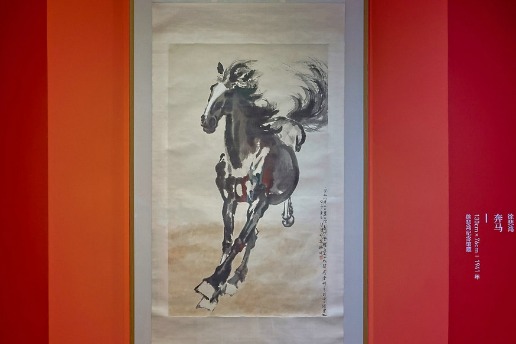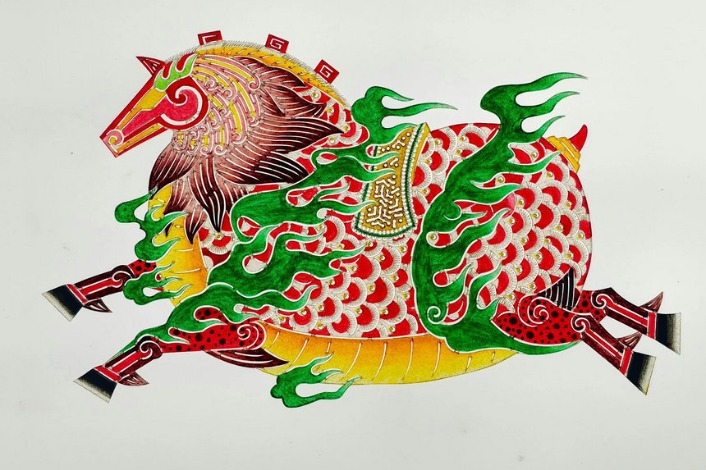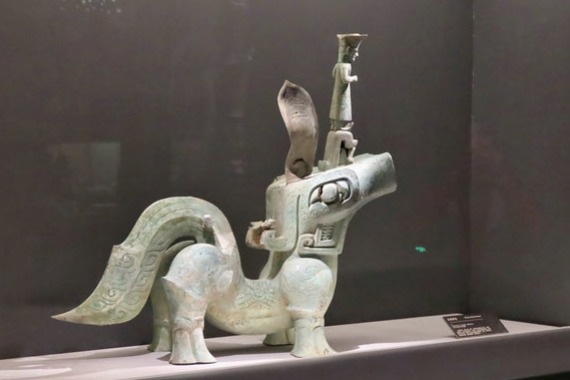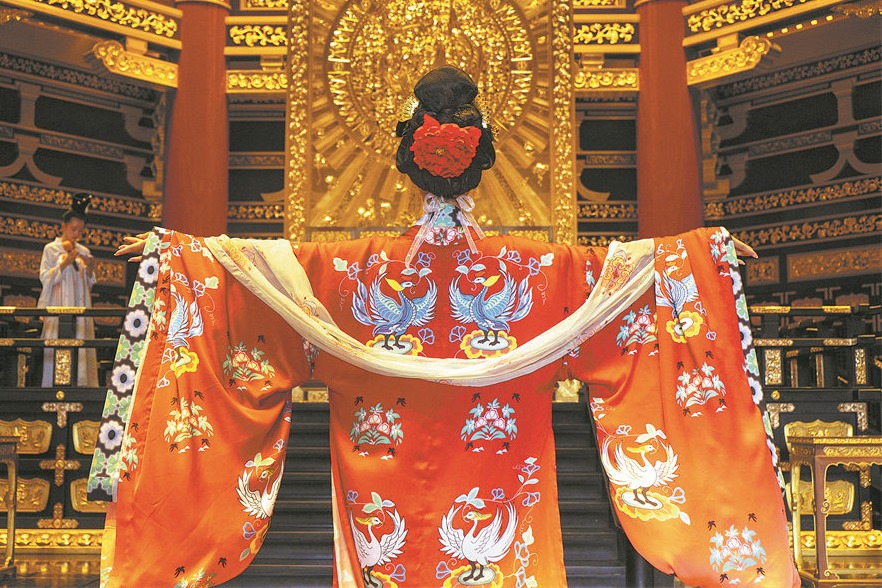Ancient rock inscription discovered in North China

An ancient rock inscription dating back 835 years has been discovered on a mountain in Cixian county, in the city of Handan in North China's Hebei province.
The inscription, made up of more than 270 Chinese characters, was carved on a piece of smooth stone about 0.8 meters high and 1.2 meters wide, according to the local cultural heritage administration.
The inscription recorded the historical development of Buddhism and the renovation of the Chouchan Temple during the Jin Dynasty (1115-1234).
Chouchan Temple is believed to be where Master Sengchou, a famous monk in the Northern Qi Dynasty (550-577), taught Zen Buddhism.
According to historical records, Sengchou learned the Buddhist doctrine and martial arts at the Shaolin Temple. As a kungfu expert, Sengchou played a significant role in the tradition of Shaolin monks practicing martial arts.
"The new discovery offers valuable materials to study the history of Buddhism in the southern part of Hebei province and calligraphy in the Jin Dynasty," said Liu Xinchang, head of the history association of Handan city.




































